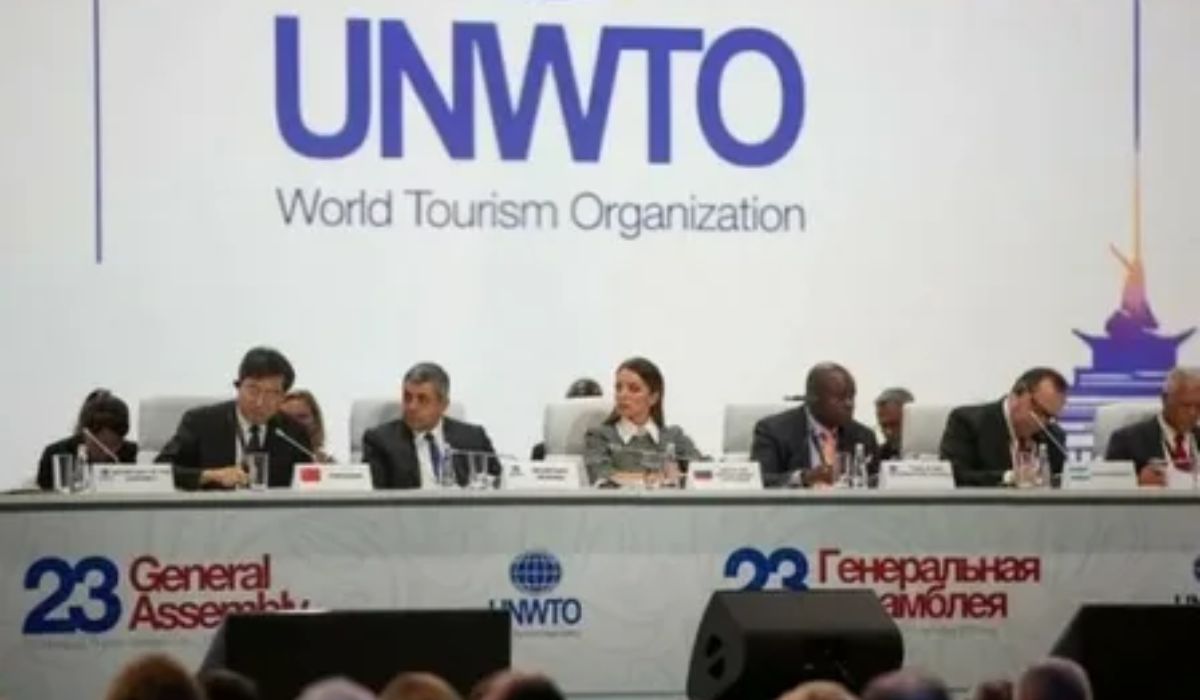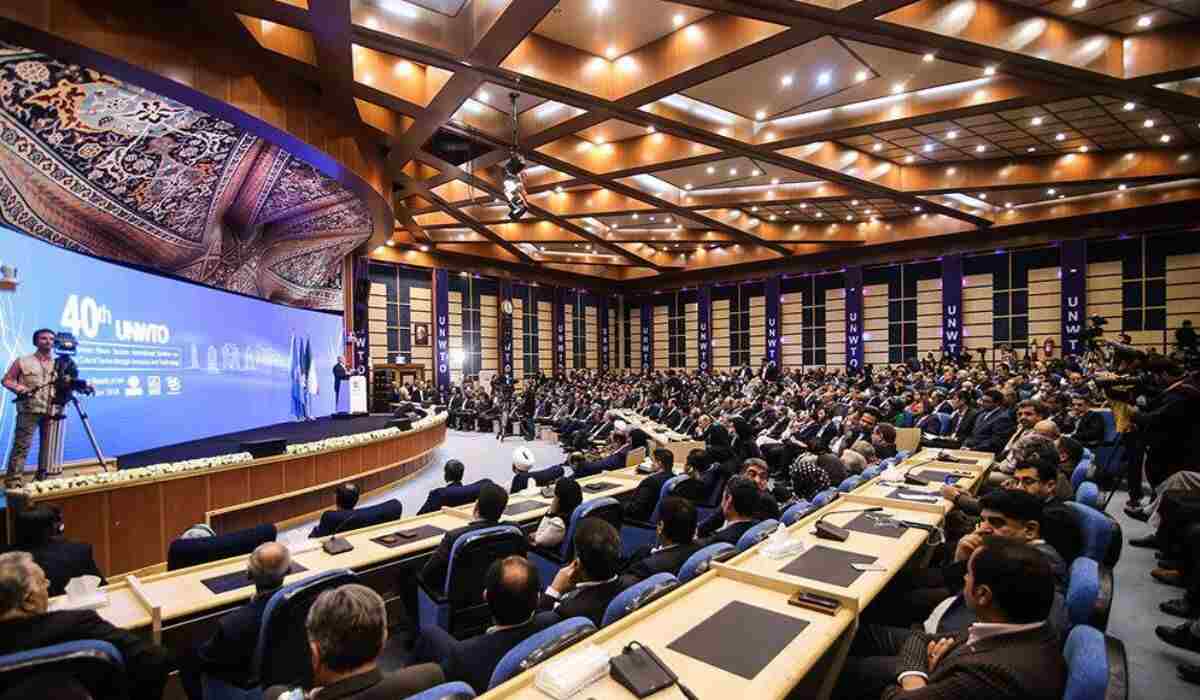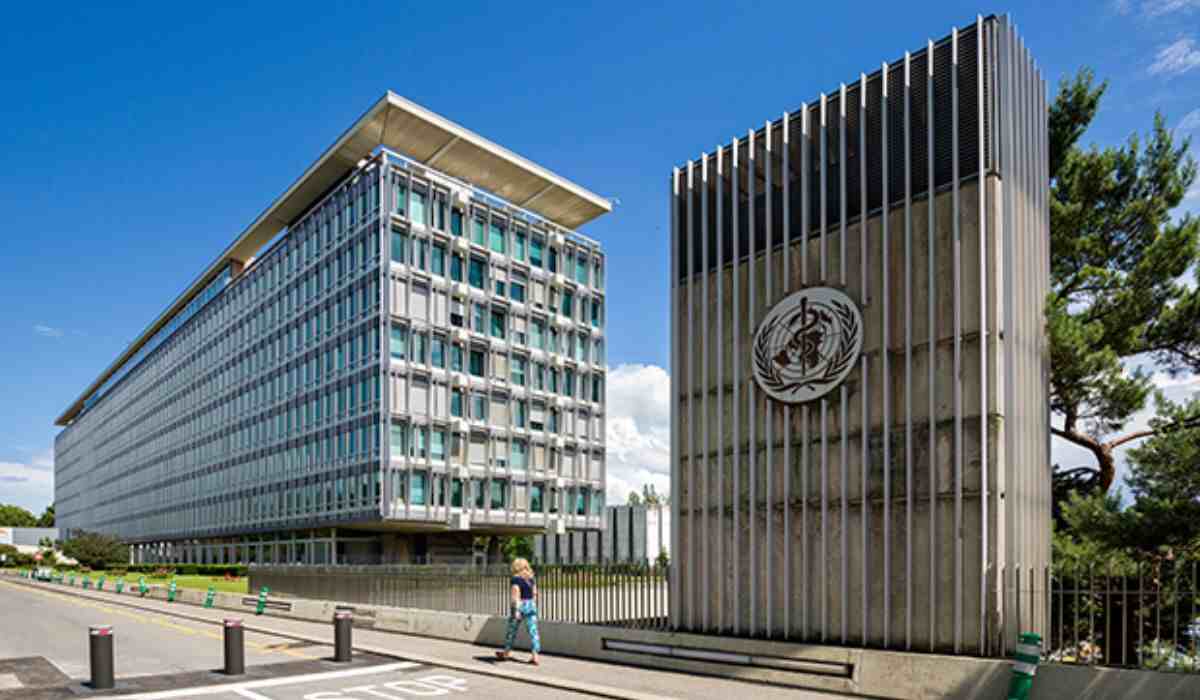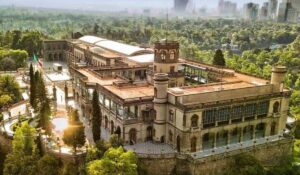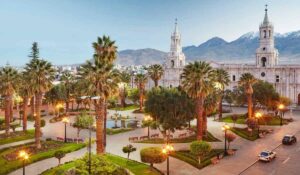The World Tourism Organization (UNWTO) is a United Nations specialized agency responsible for the promotion of responsible, sustainable, and universally accessible tourism. Based in Madrid, Spain, the UNWTO was established in 1970 and has over 150 member countries.
The leading international organization in the field of tourism, the UNWTO sets tourism standards and policies, promotes tourism as a driver of economic growth, international understanding, and peace, and works to make tourism an effective tool for development. The UNWTO has four main areas of focus – tourism trends and marketing, tourism development, investing in tourism futures, and institutional effectiveness.
World Tourism Organization Established
The World Tourism Organization (UNWTO) was established in the year 1970. Here are some key details about its establishment:
- The idea of creating an international organization to foster the development of responsible, sustainable, and universally accessible tourism was proposed in the 1960s.
- In 1963, the Governments of Mexico and Morocco proposed the creation of an intergovernmental committee to study the feasibility of setting up such a specialized agency.
- This resulted in the convening of the First United Nations Conference on International Travel and Tourism in Rome in 1963.
- At the conference, it was agreed that an international organization dealing specifically with tourism issues should be established.
- Subsequently, in 1967, the Intergovernmental Committee for Tourism was set up as a provisional body.
- Finally, on November 1, 1970, the World Tourism Organization (UNWTO) was officially born after the Statutes came into force, marking its establishment as a specialized agency of the United Nations.
- Spain offered to host the headquarters of the new organization in Madrid through a bilateral agreement signed in 1971.
- Thus, UNWTO officially started operations in 1975 from its headquarters in Madrid, making it the global forum for tourism policies and the leading international organization in the field of tourism.
World Tourism Organization Headquarters
The headquarters of the World Tourism Organization (UNWTO) is located in Madrid, Spain. Some key details about the UNWTO headquarters:
- As mentioned earlier, Spain offered to host the UNWTO headquarters through a bilateral agreement signed in 1971.
- The headquarters have been located in Madrid, the capital city of Spain, since the organization started official operations in 1975.
- The address of the UNWTO headquarters is Calle Capitán Haya, 42, 28020 Madrid, Spain.
- It is situated in one of the best-connected areas of the city, close to major transportation links.
- The building spans over 7 floors and houses the offices of the Secretary-General and other senior officials.
- It hosts meetings, conferences, and seminars organized by UNWTO on its premises throughout the year.
- Madrid was selected as the site for the headquarters due to Spain’s strong commitment to tourism and its significance as a global tourism hub.
- Locating it in Madrid allows UNWTO to benefit from being one of the top tourist destinations in the world.
- The proximity to political and commercial decision centers in Spain and Europe is also advantageous.
- Over 200 staff from over 50 countries work out of the UNWTO headquarters in Madrid.
Travel and Tourism Organizations
Tourism is one of the largest and fastest growing economic sectors in many parts of the world. It plays a vital role in socio-economic development by earning foreign exchange for countries and supporting millions of jobs globally.
The tourism industry encompasses a diverse range of services from transportation, accommodation, food and beverage, entertainment, and retail. It allows people to experience different cultures while traveling and also exposes local communities to new perspectives. Tourism encourages the preservation of historical and cultural heritage sites which may otherwise deteriorate.
What does the World Tourism Organization do?
The World Tourism Organization (UNWTO) is a United Nations agency that works to promote sustainable and accessible tourism around the world. Here are some key things the UNWTO does:
- Sets global standards and promotes ethical and sustainable tourism practices through initiatives like the Global Code of Ethics for Tourism.
- Provides statistical data and market analysis on international tourism trends to member states.
- Develops guidelines and recommendations on tourism policies for both public and private sectors.
- Supports tourism development in developing countries through technical assistance and capacity-building programs.
- Raises awareness about tourism’s social, cultural, political, and economic value through various campaigns and events.
- Facilitates cooperation between public and private tourism stakeholders via conferences, meetings, and public-private partnerships.
- Conducts research and advises on emerging tourism issues like climate change mitigation, over-tourism management, crisis management, etc.
- Monitors travel facilitation and works with other UN agencies to promote universal access for all tourists.
- Advocates for tourism as a tool for inclusion, employment, cultural exchange, and sustainable development.
- Provides a global voice for tourism and represents the sector’s interest in various intergovernmental forums.
Frequently Asked Questions
What is over tourism?
Over tourism refers to the phenomenon where a destination is overrun by tourists, negatively impacting the local environment, residents and culture. It occurs due to poor management of the number of visitors.
What are the different types of tourism?
Some common types are cultural tourism, heritage tourism, medical tourism, eco-tourism, adventure tourism, cruise tourism, MICE (Meetings, Incentives, Conferences and Exhibitions) tourism.
What are the top tourist destinations in the world?
Popular choices are France, Spain, USA, Italy, Thailand, China, Mexico, Turkey, and Germany based on international visitor arrivals.
What are the three main components of the tourism industry?
The three are accommodation (hotels, resorts), transportation (airlines, trains, buses), and activities & attractions (theme parks, museums, tours).
Who are the main stakeholders in tourism?
Key stakeholders include tourists, local communities, hospitality services, travel agents, tour operators, souvenir shops, transportation services, food outlets, conservation groups, and regional tourism authorities.
Conclusion
Tourism is a major global industry that can drive positive socioeconomic development if sustainably managed. It offers economic opportunities through jobs and enterprise supported local communities. However, its growth must be monitored to prevent overcrowding of destinations and detrimental environmental impacts. Proper regulation, infrastructure planning and community inclusion are key.
Tourism’s future depends on cooperation between all stakeholders working towards common goals. Both public and private sectors have important roles to play. With collaborative efforts, the tourism industry can continue its growth while protecting natural and cultural assets for long-term enjoyment of both locals and visitors.
